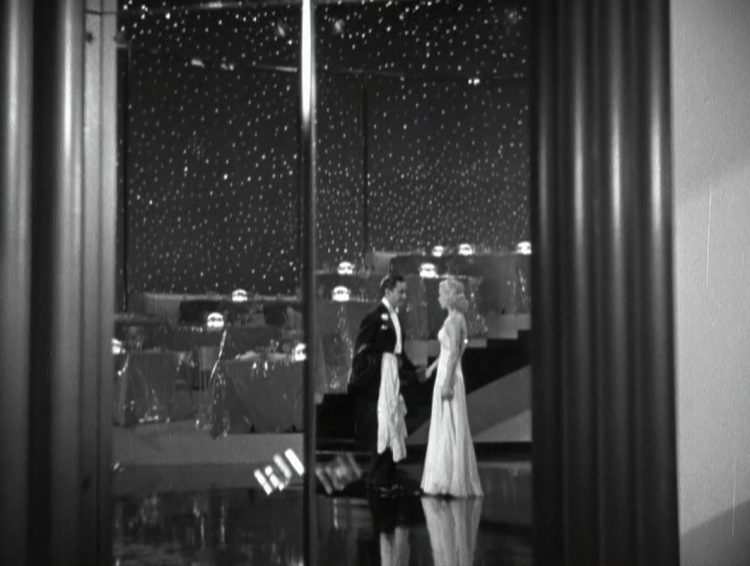 |
| Still Life I - Wine Glass and Diary - acrylic on panel - 16x16 - 2015 |
There are "objects" in many of my paintings - fans, furniture, objets d'art, jewelry, toilet articles, etc. - but never once have I done a straightforward still-life. In preparing my upcoming show, I thought I'd give that a try, just for the hell of it, eh? And I have to say, working on these two little still-lifes was the most fun I've had painting in years. Unlike my usual pattern of having to force myself to sit down and start painting, I just couldn't wait to get back to these, each and every day I was working on them. There was some strange kind of joy I found in just describing the shape and color and texture of the different materials.
 |
| One of the dwindling number of hand-blown Hungarian - or was it Rumanian?... Bulgarian...? - glasses which I've had since the early Eighties, purchased not long after I moved out to live on my own. |
 |
| Still Life II - Lemon and Turtle - acrylic on panel - 12x12 - 2015. The Chinese dish, the pottery, and the float all came to me from my dear Grandmother Betty. |














































.png)



